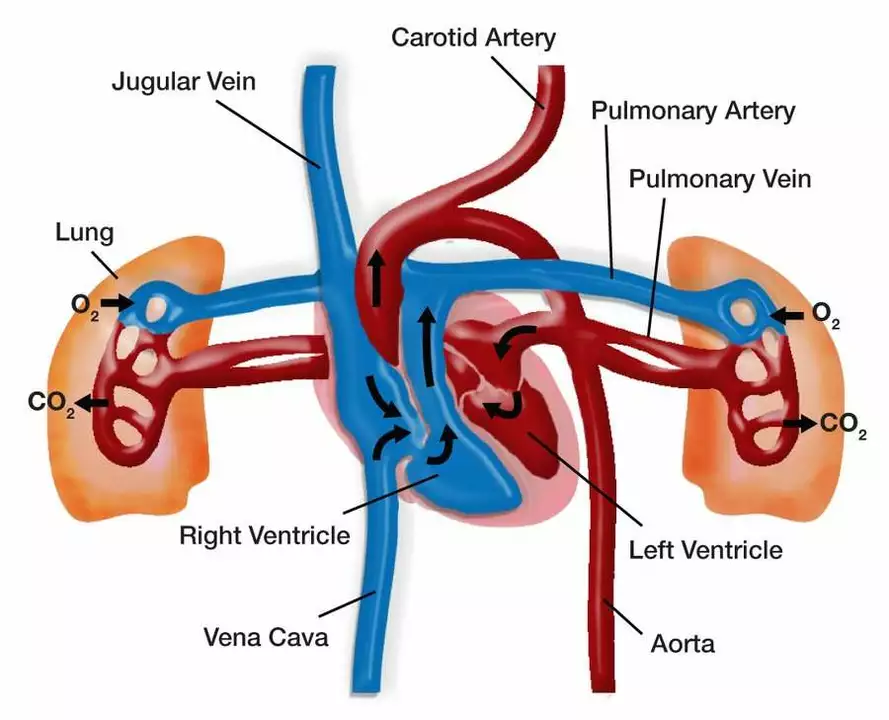Medical research: clear summaries and smart reading tips
Not all medical research matters the same. Some papers change how doctors treat patients. Many don’t. On this tag page you’ll find short, useful guides that cut through the noise — study breakdowns, drug reviews, and practical takeaways you can actually use.
What you’ll find here
We collect posts that explain clinical studies and medications in plain language. Want a quick read on Protonix (pantoprazole)? We’ve got it. Curious about fertility drugs like Hucog HP or rare-disease chemo like melphalan? They’re here. You’ll also see pieces on natural supplements (maqui, sour cherry), telehealth comparisons (Hims vs RexMD), and safer ways to buy meds online. Each article links to the original research or regulatory info when available.
How to read a study without wasting time
Start with the headline and the conclusion — then check these points fast: sample size (bigger is better), study type (randomized trial > observational), control group (was there one?), and the outcome measured (did they look at what matters to patients?). Look at the funding source and conflicts of interest. If a result sounds dramatic, check absolute risk reduction, not just relative numbers. Recent date matters for fast-moving topics like COVID, abortion care, or new drugs.
Here’s a quick example: a trial reports a 50% reduction in an outcome. That sounds huge. If the outcome dropped from 2 in 1,000 to 1 in 1,000, the real-world benefit is small. That’s why we explain both relative and absolute effects in our posts.
We also flag safety concerns. Long-term risks often show up after a drug is widely used. Articles such as our pieces on Depakote, Protonix, and methotrexate include side-effect summaries and questions to ask your doctor.
Want to evaluate treatment options? Look for comparisons and alternatives. Our tag includes many "alternatives" articles — for Amlodipine, Wellbutrin SR, Motilium, and others — that weigh benefits, side effects, and real-life tradeoffs so you can discuss options with your clinician.
If you’re shopping for meds online, read those guides first. We cover safe buying tips, how to check a pharmacy, and red flags to avoid. Posts like the Florinef and Symbicort guides show what to verify before you order.
Use the tag filters to narrow what you need: clinical trials, drug guides, natural supplements, or pharmacy reviews. Click any article for a quick summary, the key study details, and a short takeaway you can act on.
Questions or want a deeper look at a study? Contact us via our Contact page. We aim to make research usable, not confusing. Read smart, ask the right questions, and use the posts here to get clear, practical help from Invigormedical.com.

The Connection Between Pulmonary Arterial Hypertension and Thyroid Disorders
In my recent research, I discovered an interesting connection between pulmonary arterial hypertension (PAH) and thyroid disorders. It turns out that both conditions may share common risk factors and could influence each other's development. For instance, hypothyroidism, a condition where the thyroid gland doesn't produce enough hormones, may contribute to the development of PAH. On the other hand, PAH could potentially exacerbate existing thyroid disorders. As someone passionate about health and wellness, I think it's crucial to raise awareness about this connection to help improve the diagnosis and treatment of both conditions.
read more




